The entry into force of the Digital Service Act (DSA) at the end of August marks a worrying turning point in the development of the European Union and its relationship to freedom of expression. In any case, the European Commission has acquired a powerful tool for extending its influence over European social networks and imposing censorship, including preventive censorship.
If the expression "euro-gulag" is in vogue, it is not by chance, and it is merely an exaggeration intended to sound the alarm. With the entry into force of the DSA on 25 August, the European Union continued its illiberal and authoritarian evolution.
Of course, as always, the road to hell is paved with good intentions. The European Commission's stated aim is to combat disinformation and hate content. And then, to make the whole thing even more attractive and morally acceptable, the DSA, we are told, will protect minors - for example, from targeted advertising.
So what can we say about this tremendous step forward?
The first problem is the obligation imposed on social networking platforms and search engines with over 45 million active users - to cooperate with, and I quote, "trusted alerters", who are none other than bodies, associations and individuals recognised and labelled within each Member State.
Needless to say, these organisations and individuals will be certified by the institutions of the European Union. So here we have a tool for political censorship.
Any opinion contrary to the EU's doxa, any virulent criticism or any opinion that is measured but highly contradictory to the official line of the European Union could well result in a request for censorship.
In other times, such labelled people and organisations were called censors, political commissioners, officials of the Ministry of Propaganda. But the European Union, weaker and flabbier than its late totalitarian predecessors, has a special ability to find ridiculous euphemisms to maintain the illusion of noble character of such officials.
So we'll have to deal with "trusted signallers". Right off the bat, I'd rather call them "reliable snitches", or "good informers". "Beneficial informers", "net cockroaches" or "virtual snitches", not bad either. And why not "patent sycophants", my personal favourite.
We'll see if we can use these alternative names on social networks in the future. Nothing is less certain. Is it really reasonable to criticise those who control the right to criticism? By the very definition of their role, they are right. They are the guardians of Truth.
In any case, the DSA can pose a serious threat to sites operating in the European Union. In the event of non-compliance with the DSA directive, very heavy penalties are envisaged for social media, with fines of up to 6% of their turnover and a temporary suspension of the right to broadcast within the European Union.
In practical terms, this type of regulation, which is particularly vague and therefore leaves the field open to the political interpretation of censors with arbitrary means of sanction, will clearly lead to the policy of preventive censorship on the main search engines and social networks.
To some extent, a parallel could be drawn with the banks that have illegally suspended or closed the bank accounts of customers involved in politics, even indirectly, to pre-emptively avoid the wrath of the financial regulators supervising commercial banks. This is the case in the French Republic, where entrepreneurs cooperating with the Rassemblement National are subjected to this kind of illegal and illegitimate treatment with widespread indifference.
Furthermore, once again outside the EU treaties, additional power is given to the European Commission, which unilaterally decided in March 2021 to ban a number of Russian state media following the start of Russia's invasion of Ukraine, even though this should be a national prerogative.
It is also easy to imagine that the growing role of the WHO, with its global treaty planned for 2024, will be greatly facilitated and standardised by the European Union, which is an excellent conveyor belt for globalisation.
In simple terms, the worst is to be expected in terms of censorship of social networks in Europe with the entry into force of the DSA, which European Commissioner Thierry Breton has promised will be rigorously applied.
According to French Internal Market Commissioner Thierry Breton, "in many cases, the digital space is a lawless zone. Europe needs to regain control over the platforms that provide the structure [...] The DSA's guiding principle is simple: what is authorised offline must be authorised online, and what is prohibited offline must be prohibited online. Whether we're talking about counterfeiting, anti-Semitism, child pornography, death threats or the sale of drugs, all illegal content must be removed. Hate content, the amplification of verbal and physical violence and misinformation must be identified as such and dealt with accordingly. Anything that is banned in the public space must also be banned in the online space".
All that remains to be done is to amend the law on what is permitted "offline", in order to completely remove from the intellectual, media and simply public landscape a whole host of ideas, opinions and issues that disturb the - increasingly central - powers in Brussels.
First, racism and anti-Semitism are banned, and then, as is currently the case in the French Republic, it is proposed that those who make such remarks should be sentenced to prison. Then homophobia. Then grossophobia, or hostility to paedophiles? Climate scepticism? Then Union-Europeanophobia? Vanderleyenophobia?
At best, it is a stupid mistake to put one's finger in the spiral of censorship on a moral basis, and the Eurocrats should go and re-read Kant and Spinoza to realise this.
At worst, this institutionalisation of large-scale political censorship is an attack on our freedoms that is all the more serious because it is deliberate and consciously applied.
The people think badly, so let us stop them from expressing themselves. Many Europhiles would like to see a technocracy in which citizens no longer have a real say, and in which technocrats are no longer accountable. We are getting a little closer to that.
But as the French playwright Eugène Scribe - a good example of an aptonym - said, "We shout a lot against censorship - it often forces us to be witty."
So, if we are censored, we will be clever, our readers. I hope we'll be talking about it again here, as long as Deliberatio remains uncensored.
Read also
Country Report: Hungary, April 2023
Between 28 and 30 April, Pope Francis travelled to Hungary on an apostolic visit. During that time, he met with Hungarian leaders, visited the faithful and immigrants, and celebrated a large open-air mass in front of the parliament.
Ferenc Almássy
Is the end of private cars coming soon?
For better or worse, the car has revolutionised our way of life, drastically changing our relationship with space. I do not intend to take stock of this revolution here and now.
Ferenc Almássy
On the hypocrisy of progressives
If there's one fascinating thing about the progressives, it's that they never really stop on the road to progress. And even when the discovery of their new advances leads us to believe that their model is not sustainable, so devoid of common sense does their madness seem, paradoxically, this permanent progress tends to prove them right: Progress ostensibly knows no limits.



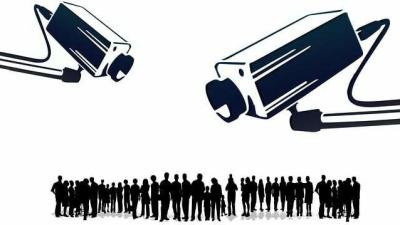

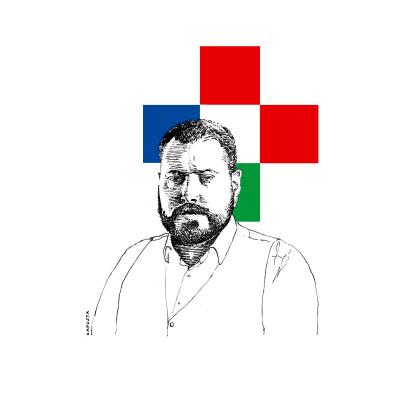
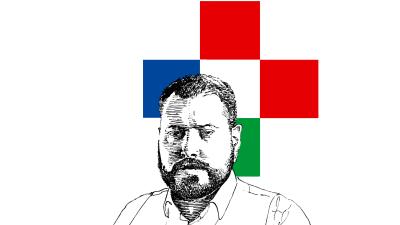

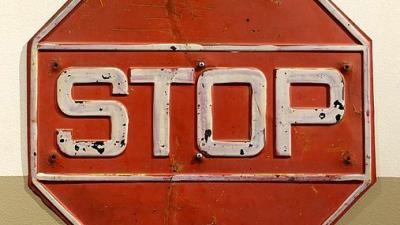

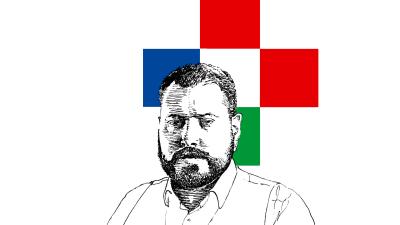

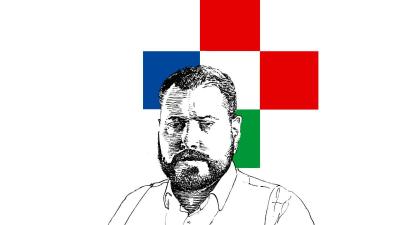

Comments (0)